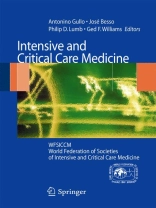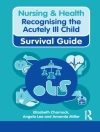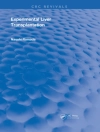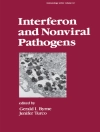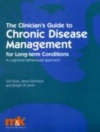The World Federation of Societies of Intensive and Critical Care Medicine (WFSIC- CM) has reached the age of maturity. Physicians, nurses, and many others associated with the field of Intensive and Critical Care Medicine will be coming from all corners of the world to Florence, Italy in August, 2009 to celebrate the 10th quadrennial congress. Every 4 years for the last 36 years, congresses in the magnificent venues of London (1973), Paris (1977), Washington (1981), Jerusalem (1985), Kyoto (1989), Madrid (1993), Ottawa (1997), Sydney (2001), and Buenos Aires (2005) have sig- fied an ever-developing process which has resulted in the four pillars of the field of Intensive and Critical Care Medicine, namely partnership, ethics, professionalism, and competence. The first pillar is based on a stronger interdisciplinary collaboration and a mul- professional partnership in the field of Intensive and Critical Care Medicine. In recent decades, professional activity in medicine has been regulated by well-defined, universal principles, such as the welfare of the patient, autonomy, social justice, and the patient–physician relationship. The second pillar, ethics, has offered welcomed assistance to all these principles in establishing an ethics curriculum.
Зміст
and Mission.- History of Critical Care Medicine: The Past, the Present and the Future.- The Mission of the World Federation of Societies of Intensive and Critical Care Medicine (WFSICCM).- Professionalism, Ethics and Evidence Based Practice.- Professionalism.- Ethics of Decision Making in Critical Care.- Evidence-Based Medicine in Critical Care.- Clinical Governance.- Clinical Governance: Definitions and Recommendations.- Optimization of Limited Resources and Patient Safety.- Improving Quality of Care in ICUs.- Scoring Systems.- Nursing Perspectives.- Nursing Workforce Management in Intensive Care.- Intensive and Critical Care Nursing Perspectives.- Central Nervous System, Circulation and Kidney.- Central Nervous System Monitoring.- Definition, Monitoring, and Management of Shock States.- Plasma Volume Expansion: The Current Controversy.- Predicting the Success of Defibrillation and Cardiopulmonary Resuscitation.- Acute Renal Failure.- Respiratory System and Protective Ventilation.- The Evolution of Imaging in Respiratory Dysfunction Failure.- ALI, ARDS, and Protective Lung Ventilation.- Infections Surveillance, Prevention and Management.- From Surveillance to Prevention.- Antibiotic Policy in Critically Ill Patients.- The Physiopathology of Antimicrobial Resistance on the Intensive Care.- Infections in ICU: An Ongoing Challenge.- Selective Decontamination of the Digestive Tract (SDD). Twenty-five Years of European Experience.- Antifungal Management.- Sepsis, Organ Dysfunction and the Bundles.- Sepsis: Clinical Approach, Evidence-Based at the Bedside.- Intra-Abdominal Infections: Diagnostic and Surgical Strategies.- Surviving Sepsis Campaign and Bundles.- Trauma.- The Trauma: Focus on Triage.- Damage Control in Surgery.- Limited Resource, Disaster.- Emergency Mass Critical Care.- Natural Disaster.- The Needs of Children in Natural or Manmade Disasters.- Special Clinical Conditions.- The Neuroendocrine Response to Sepsis.- Blood Transfusion and Its Components.- Pain Management in Neonates and Children.- Obstetrics at High Risk.- Intensive Care in the Elderly.- Severe Malaria in the ICU.- End-of-Life in the ICU.- Environment and Clinical Research.- Designing Safe Intensive Care Units of the Future.- How to Plan and Design a Clinical Research Project.
